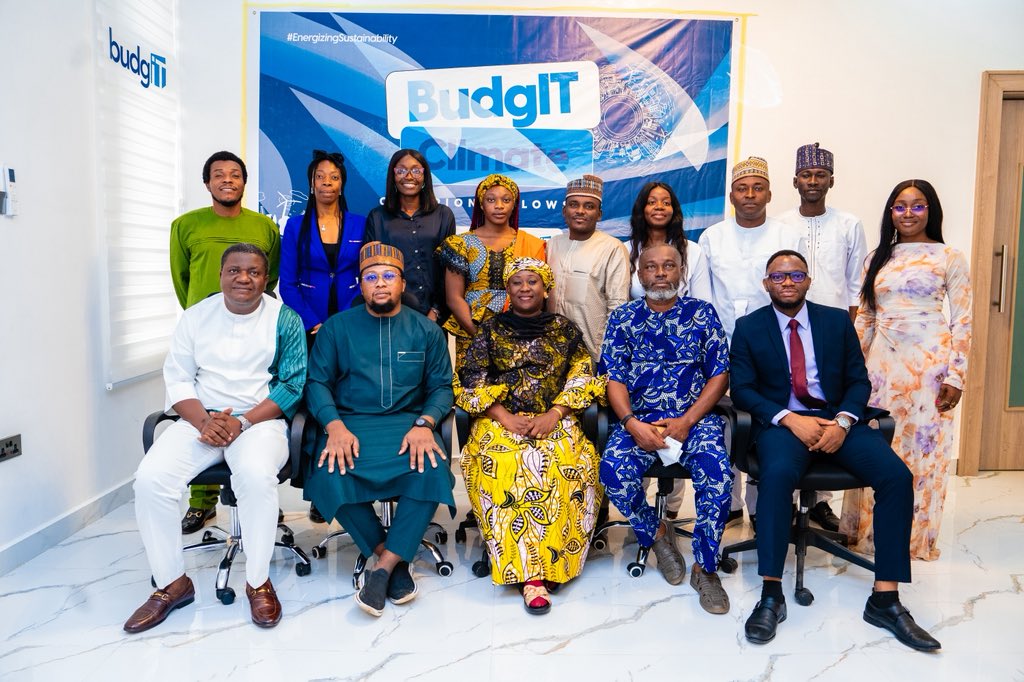Lagos, May 29, 2017 – In response to the publication of the National Assembly Budget, BudgIT and EiENigeria, invited citizens to the “#OpenNASS Datathon” on May 20, 2017 with the objective of developing a lean and effective budget for the National Assembly as a standard for Nigeria to reduce the cost of governance.
After rigorous review, the citizens proposed the reduction of the 2017 National Assembly Budget from the approved N125,000,000,000 to N52,490,951,173. In reaching the final sum in the proposed budget, participants took into account all affiliated institutions, overhead costs, maintenance costs, personnel, research costs and all the line items contained in the 2017 National Assembly Budget.
In preparing the leaner and more effective budget, the participants noticed the repeated allocations made to each of the Senate, House of Representatives, National Institute of Legislative Studies, National Assembly Service Commission and the Public Accounts Committee (Senate and House of Representatives) for purchase of stationery and computer consumables; training, travel, purchase of motor vehicle, maintenance of the National Assembly buildings and other items. Citizens argued that several overhead items which accounted for 50% of the National Assembly budget can be centralised in the General Services Unit for efficiency. The final budget is not without context as citizens observed that N5.2bn was budgeted for University of Abuja and the National Hospital is due to receive a far lower sum at N7.6bn in 2017. We ask that the reduction of NASS spending should continue as an acquisition of certain items during the current fiscal year will no longer need to be added in future budgets.
These rationales are informed by publicly available knowledge of the activities of the National Assembly, its supporting commissions and current prices of proposed items in the free market. Also, certain items were stripped from the budget for various reasons including duplication of line items and repurchase of already existing items such as cars and furniture which, from publicly available information, were included in the 2016 National Assembly Budget.
Beyond revising of the National Assembly Budget, BudgIT and EiENigeria will be sending copies of the proposed budget to National Assembly Management and also Acting President of the Federal Republic of Nigeria for consideration as regards the 2017 budget.
We use this medium to state that we shall also continue to request for an audit of the 1.5 Trillion Naira sum received by the National Assembly between 2005 and 2014, the replacement of voice voting with an electronic voting system and also a public attendance register of National Assembly members on a functional website.
Signed
Damisola Akolade-Yiu Adeolu Adekola
Project Manager Program Manager
###
BudgIT is a civic organisation that applies technology to intersect citizen engagement with institutional improvement, to facilitate societal change. A pioneer in the field of social advocacy melded with technology, BudgIT uses an array of tech tools to simplify the budget and matters of public spending for citizens, with the primary aim of raising standard of transparency and accountability in government.
Enough Is Enough Nigeria (EiE) is a coalition of individuals and organisations committed to instituting a culture of good governance and public accountability in Nigeria through active citizenship. EiE’s #RSVP – Register/Select/Vote/Protect a key voter education campaign.



